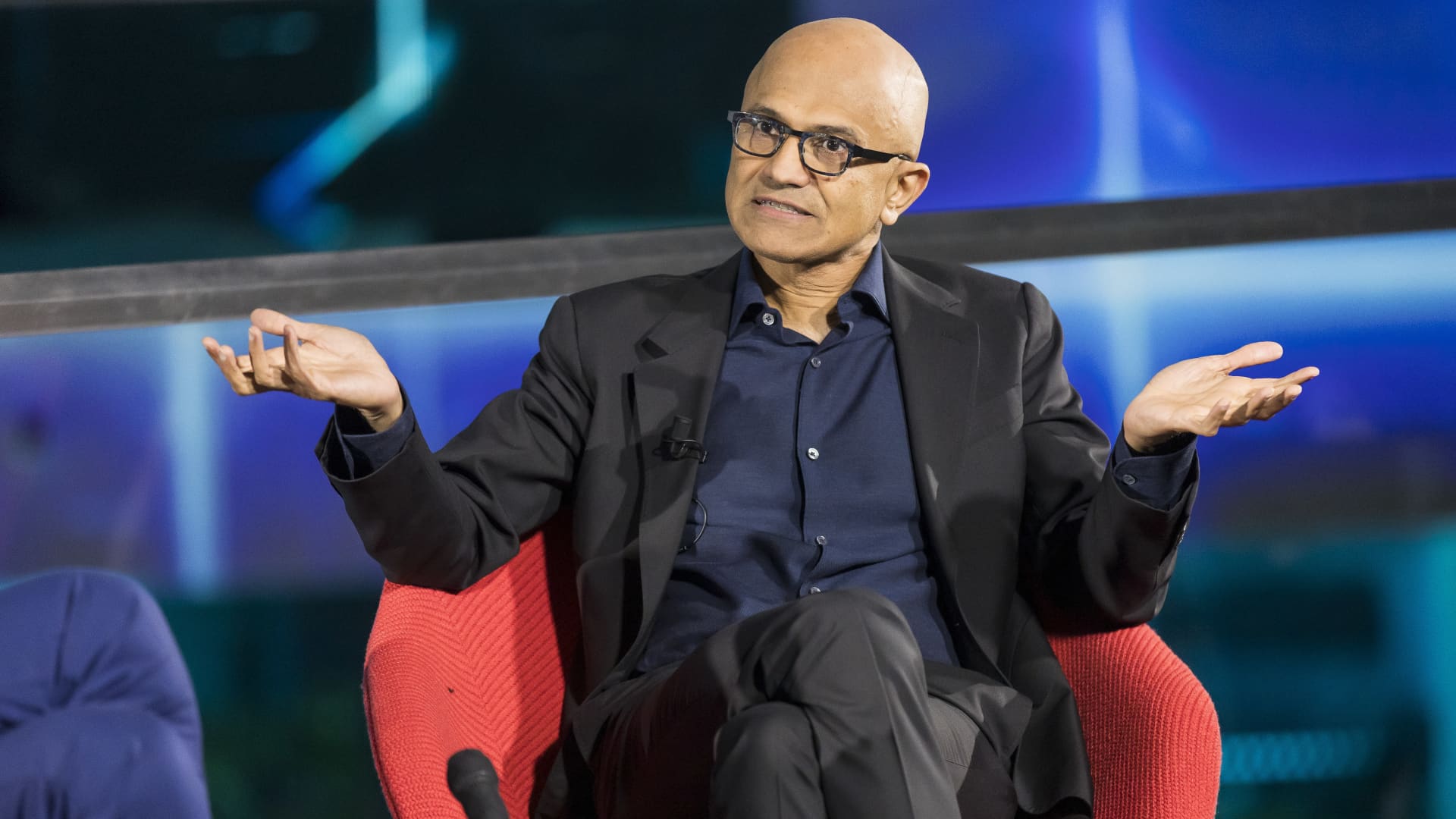Copyright Bloomberg

In late 2024, OpenAI, still recovering from the aftershock of the brief, messy ousting of Sam Altman, initiated what it hoped would be a relatively straightforward process of converting to a more traditional for-profit business that would be more appealing to investors. Then came the pushback. Elon Musk, an OpenAI co-founder who left and launched a rival startup, sued to block the restructuring, alleging it violated the company’s founding principles. The billionaire also made an unsuccessful bid to buy the nonprofit that controls OpenAI. Former OpenAI employees and nonprofit leaders asked regulators to stop it, too. Meanwhile, OpenAI spent months locked in complex negotiations with its biggest backer, Microsoft, about how their partnership would change with the new corporate entity.



